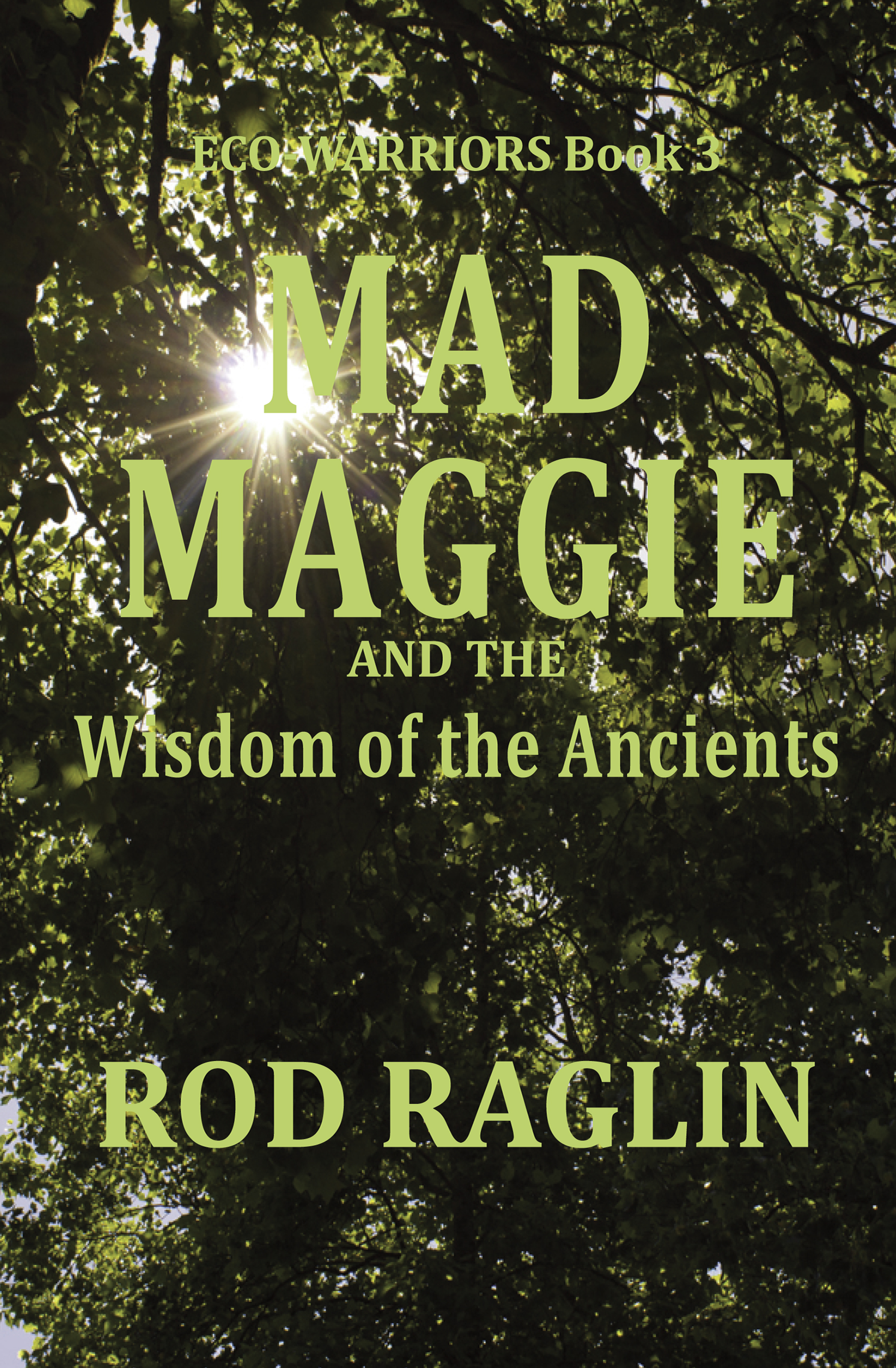
What are you doing to curb global warming? Global warming is on the rise. While governments are working hard to restore the balance, you and I have a role to play to help prevent this imminent doom.
Hello everyone and welcome to another blog!
Climate change is at the worst point ever. We are already feeling the impact of damaging our ecosystem. Although it took us this long to realise our activities are destroying our very home, people are beginning to devise means to prevent further damage and restore the shifting balance in our ecosystem.
While governments around the world are coming together to find a lasting solution, you and I must play our part to expedite the change we seek. True, you alone cannot solve global warming issues, however, we can make a significant difference if we all embrace this role together.
We put together this article to teach you 5 Easy Measures to Curb Global Warming/
Be sure to stay glued till the end to get a bonus tip. Also, this will be a good time to Subscribe if you haven’t done that already.
Avoid waste burning
Bush/waste burning is a common practice today. Some say it is easy, others say it is cost-effective. What they fail to understand is how much this ‘easy’ disposal method can affect our health and the environment.
Burning wastes in open fields subject people around you to air pollution. Noxious gases released during combustion can lead to a wide range of health issues. That’s not all. These gases also contribute to the increasing greenhouse gases that are responsible for the climate changes we see today. You can prevent all of these by simply adopting better waste disposal methods.
Plant more trees
Have you planted any trees this year? You will be surprised to know the big difference a few trees can make in terms of curbing global warming. Excess greenhouse gases in the atmosphere are the primary cause of climate change. Thankfully, we know that trees can rid the atmosphere of certain noxious gases. By simply planting more trees and cutting back on the release of these gases, we would gradually deplete the gases accumulated so far.
Deforestation has been a huge problem in the past decades. Urbanization led to gross deforestation, thus moving the balance in the ecosystem. Worse, millions of trees must be cut down every year to use as raw materials for papers, furniture, etc.
Use composting for waste disposal
How do you dispose of waste? For each waste abandoned in landfills, know that you are contributing to both land and air pollution. As wastes decay, they release harmful gases like methane into the atmosphere. This adds to the already overwhelming amount of greenhouse gases in the atmosphere.
Composting, on the other hand, makes it possible to degrade wastes without releasing harmful gases into the environment. You end up with very fertile land for planting. Double win!
Opt for renewable energy
Energy is the fastest depleting natural resource because of the increasing demand of our overpopulated world. To make matters worse, some of these energy sources contribute the most to air pollution. For example, many countries still use fossil fuels as a source of energy. Burning fossil fuels doesn’t just make global warming worse for us all, it also endangers the lives of those living around the vicinity. Many communities have been poisoned, sick, and even deserted due to the harmful effect of burning fossil fuels.
While you cannot stop these countries from doing this, you can contribute your quota by opting for clean renewable energy sources in your home.
Forest Conservation
As we explained above, deforestation has done so much more harm than good. In addition to planting trees and making gardens, effort should be made towards forest conservation. We cannot keep destroying forests and hoping a few planted trees or gardens will make up for it. Humans have done huge damage already. The best way to curb global warming is to prevent further damage while we all work together to repair the damage done already.
Bonus tip!
Proper Waste Disposal
Another way to prevent further damages to the environment is to adopt proper waste disposal methods. Waste disposal is an increasing global concern. You can start small by adopting eco-friendly waste disposal methods such as recycling and composting.
To curb global warming, we must all rise to the task. Enough damage has been done already. As world leaders fight to find a lasting solution, you and I can help by ensuring we do not add to the damages done already. Let’s come together to make this world a better place for everyone.
Also, please don’t forget to comment, share, and subscribe so we can always bring you helpful tips like these. Thank you!

 Log in with Facebook
Log in with Facebook 









